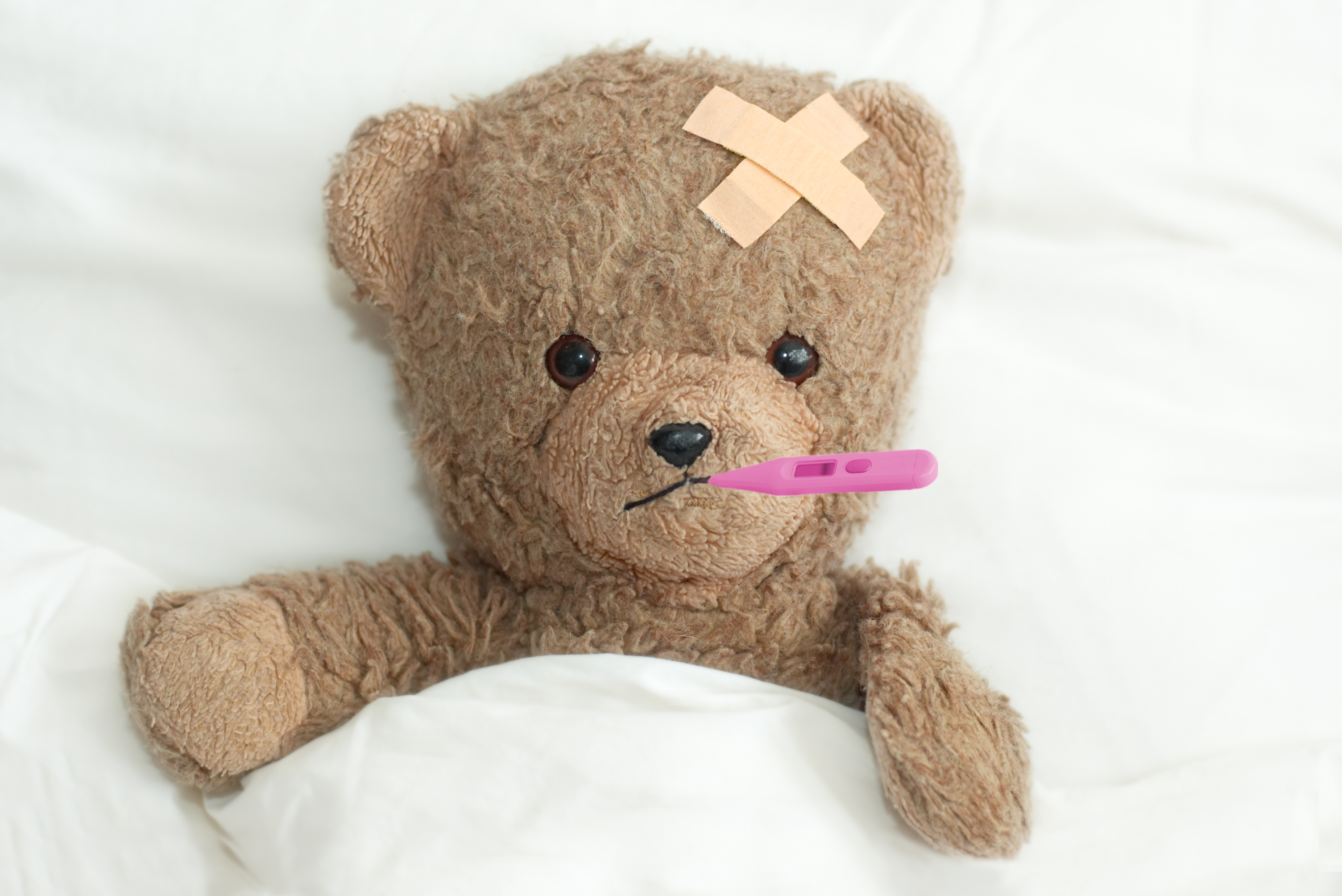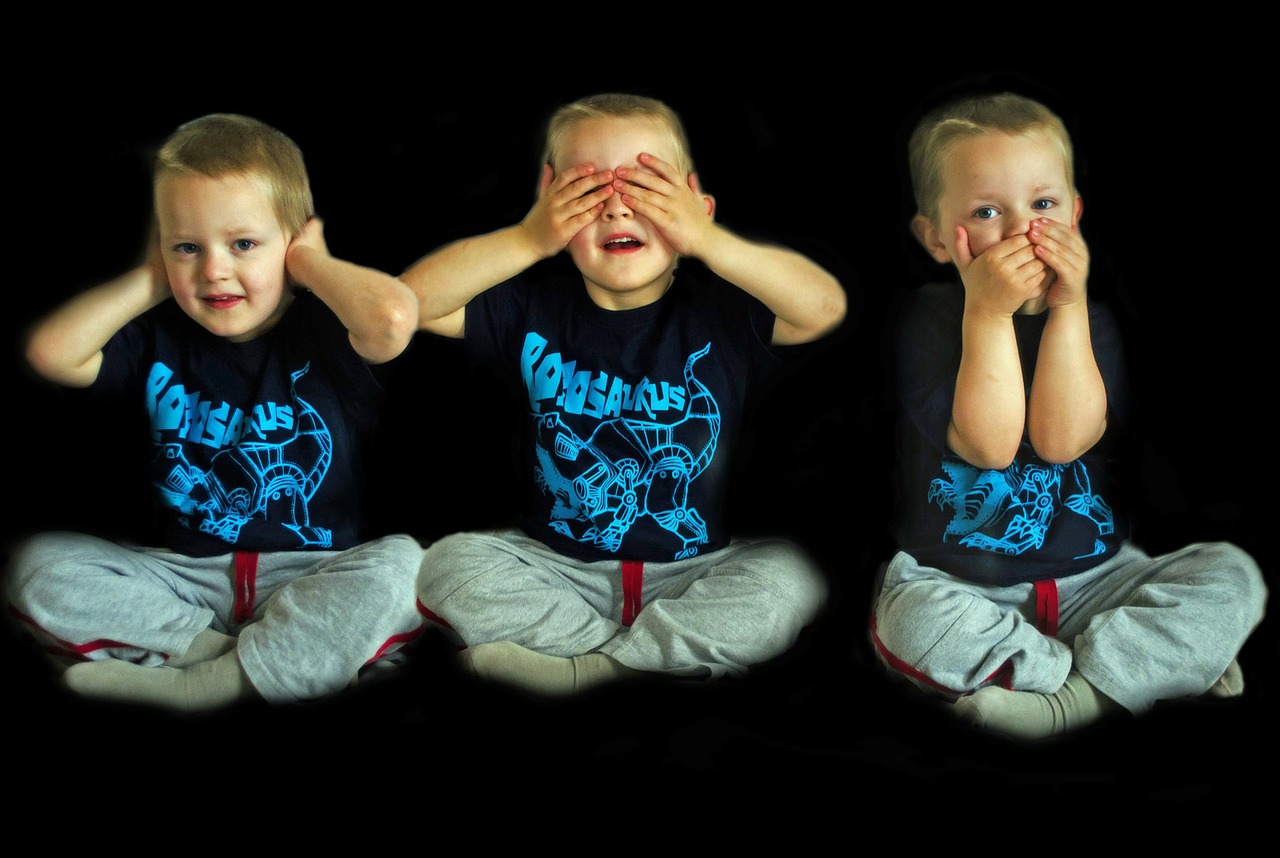How to Manage Your Toddler's Destructive Habits
If your child is a little wrecking ball, we have ways to manage the mess. It never fails: You take just a two-minute bathroom break, and by the time you're done your toddler has emptied his toy box across the living-room floor, ripped your magazines to shreds, and somehow gotten into the crisper drawer of the fridge. "Toddlers learn by exploring their environment with all five senses," says Alexis Clyde, Ph.D., a clinical psychologist at Children's Medical Center Dallas. Kids this age are particularly fascinated by how an object works and what happens when they bend, drop, or throw it. While your child's inquiries are normal, it's no fun having your house constantly look like a wreck. We'll help you contain the chaos by controlling his behavior without suppressing his inquisitiveness.
1.Curb Your Temper It's challenging to keep your cool while cleaning up your toddler's third major mess of the past hour. But you need to try. "Think about why the behavior is occurring rather than how frustrated it makes you feel," says Dr. Clyde. Keep reminding yourself that your child's curiosity is beneficial for her intellectual development. Still feel your blood pressure rising? Close your eyes and count to ten or take a few deep breaths. If you have the option, hand the child-care (and cleanup) duties to your partner or another trusted adult while you take a breather. 2.Childproof -- Again Now that your toddler can walk and climb, it's time for another round of safety steps. "Get down on your hands and knees so you view your home from your child's perspective," suggests Kurt Klinepeter, M.D., associate professor of behavioral and developmental pediatrics at Wake Forest Baptist Medical Center, in Winston-Salem, North Carolina. Check that the electrical outlets are covered and cabinets that contain poisons are locked up. Get lid locks for your toilets, keep oven doors closed, and avoid stocking the lower shelves of your fridge with liquids and breakable containers. Hide potential scribbling devices (pens, pencils, crayons, lipstick). Also take extra precautions with electronics. Make sure your TV is anchored, get a shield for the Blu-ray player, and store remotes out of sight. Don't leave your cell-phone charger dangling. Your toddler is likely to pull on it, sending your phone crashing to the floor. Worse, he might put an unconnected cable into his mouth or wrap it around his neck. Finally, store jewelry and cherished, breakable items out of reach until your child is older. 3.Distract Her Make your toddler's short attention span work in your favor. If she's pulling all the pillows and cushions off the couch, say "No" in a calm but firm voice. Briefly explain why she shouldn't do it ("We need those so everyone can sit"). Then divert her attention by taking out a favorite toy or book or by playing some music. Within moments your child will likely be engaged in the new activity. If she starts heading back to the couch, simply sidetrack her with something else. 4.Allow for "Constructive" Destruction Go ahead and green-light messy or aggressive activities when you can. "These satisfy a toddler's curiosity, give him practice using his fine motor skills, and help him learn about cause and effect," points out Richard So, M.D., a pediatrician at the Cleveland Clinic Children's. If your kid has a habit of ripping up books, give him a stack of old newspapers to shred. Encourage him to play with blocks so he can build and knock them down to his heart's content. Set up a fun art project that won't necessitate a big cleanup. Spread a huge sheet of drawing paper on the floor, sit him in the middle, and let him create a masterpiece with crayons or finger-paints. Or take him outside and supervise as he plays at a sand or water table (if you don't have one, use his old baby bathtub and toss in some plastic bowls and beach toys). Set limits for messy play: "It's okay to play with these papers, but not the ones on Daddy's desk." Always supervise your child closely, since it will take time for him to pick up on the boundaries you've set. Retrieved From: https://goo.gl/qcRFXV
|
|

















